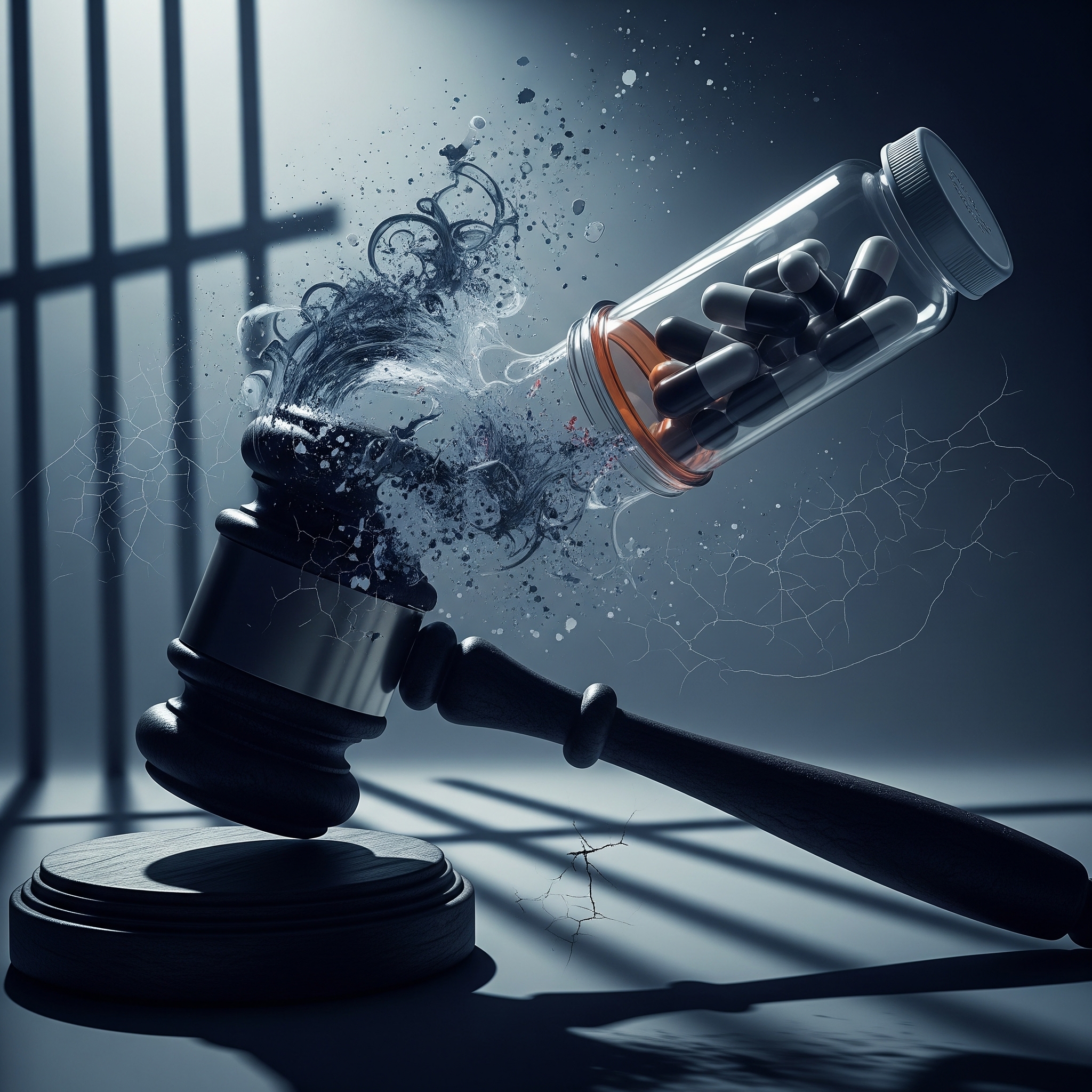When a beloved public figure like Matthew Perry dies from a drug overdose, it sends a shockwave of grief through the community. But as the initial shock fades, questions of accountability begin to surface. When it is revealed that the fatal drugs were illegally supplied by another person, the tragedy becomes not just a matter of personal struggle, but a question of legal liability.
The recent news that several individuals are facing criminal charges for providing the ketamine that led to Perry’s death is a major development. According to reports from NBC News, these individuals are being prosecuted for the act of illegally distributing the drugs.
This is a critical point that many families of overdose victims may not be aware of: the person who supplied the drugs can be held responsible for the death, not just in a criminal court, but in a civil lawsuit as well.
Beyond the Criminal Case: Filing a Wrongful Death Lawsuit
A criminal prosecution is brought by the state to punish the wrongdoer. While it can bring a sense of justice, it does nothing to compensate the victim’s family for their immense loss. A wrongful death lawsuit is a separate, civil action filed by the family to seek financial compensation and hold the responsible party accountable in a different way.
In a case like this, a wrongful death lawsuit can be filed against the person who illegally sold or provided the fatal dose of drugs. The legal argument is straightforward:
- The dealer had a duty not to engage in criminal activity that could harm others.
- They breached that duty by illegally providing a dangerous controlled substance.
- That act directly led to the victim’s death.
Why File a Civil Lawsuit?
For grieving families, the idea of a lawsuit can be overwhelming. But it serves several crucial purposes:
- Financial Stability: The loss of a family member, especially a primary earner, can have devastating financial consequences. A lawsuit can recover damages for lost future income, funeral expenses, and the loss of the loved one’s companionship and support.
- Achieving Full Justice: A criminal case may result in a plea bargain or a sentence that feels inadequate to the family. A civil lawsuit is a separate avenue for justice, where a jury can hold the wrongdoer financially accountable for the full scope of the harm they caused.
- Uncovering the Truth: The discovery process in a civil lawsuit can often uncover more information about the dealer’s network and the circumstances of the death than a criminal investigation might reveal.
This is a highly specialized area of personal injury law. It requires an attorney who understands how to use the evidence from a criminal investigation to build a powerful civil case. The burden of proof is lower in a civil case, meaning it is often possible to win a wrongful death lawsuit even if the criminal prosecution is not entirely successful.
No amount of money can ever replace a loved one. But holding the person who supplied the fatal drugs accountable can provide a sense of closure and the financial security a family needs to move forward.
Contact Manoukian Law for a free and confidential consultation.





